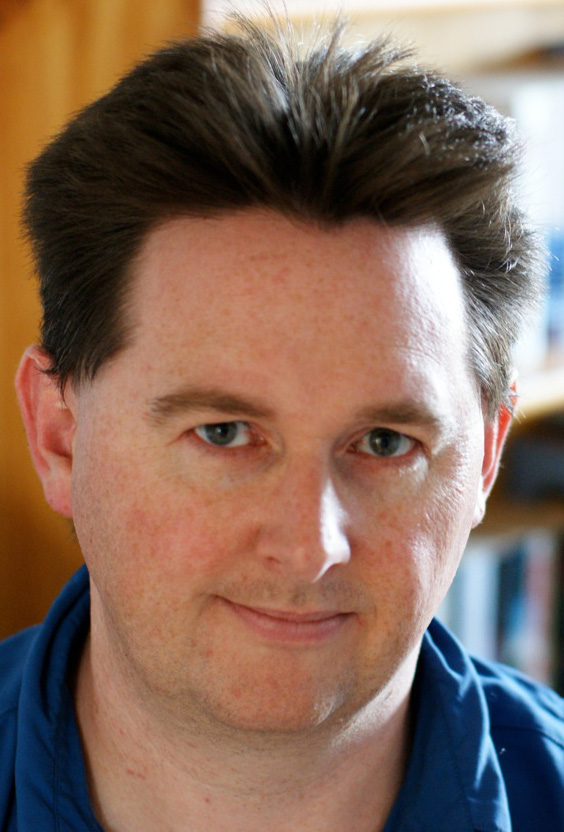Net filter trials 'unlawful', claims engineer

The internet filtering "live trials" conducted by the Federal Government in conjunction with internet service providers (ISPs) were done illegally, according to claims by network engineer Mark Newton.

Mark Newton(Credit: Supplied)
Newton, who has been a vocal opponent of the Federal Government's mandatory internet filter proposal, has been involved in a year-long dialogue with the government over this claim.
His claim centres on whether the Department of Broadband, Communications and the Digital Economy (DBCDE), in conducting its filter trials with ISPs, intercepted customers' internet traffic.
He claims that one particular device used in the trials and publicly outed by ISPs — the Marshall R3000 series web monitoring, filtering and reporting package — probably intercepted customer's traffic and therefore breached section 7(1)(b) of the Telecommunications (Interception and Access) Act 1979 by authorising, suffering or permitting said equipment to be used in that manner.
He also claims that the department may have breached section 7(1)(c) of the Act by doing "any act or thing" that enabled ISP participants to intercept, namely paying for the equipment they used.
The Marshall R3000 device, Newton said, is designed to sift for blacklisted content by listening to all internet communications to and from the ISP's subscribers who had opted into the trial.
"The complaint has been running for more than a year, and [the] DBCDE has provided at best contradictory responses," Newton said.
"In the first instance it failed to respond at all. Then, under pressure from the Commonwealth Ombudsman, the department indicated its belief that no breach had occurred, but failed to back it up; and, when questioned further, refused to engage in any further discussion."
He said that under additional pressure from the Commonwealth Ombudsman, the DBCDE responded with a further claim that it did "not consider that a breach has occurred". However, the department's claim was accompanied by technical data that strongly suggested a breach had occurred, according to Newton.
Technical information provided by the department to Newton late last month, and sighted by ZDNet Australia, shows the department providing Newton with information from Marshal8e6 (the vendor that builds the M86 R3000) documenting that the device, when used in the trial, had connected to a "mirrored port" in an ISP's network and inspected "a copy of the traffic traversing it".
Newton told the department earlier this month that the vendor's admission that the product was attached to a mirrored port was the "give-away" that a breach had occurred.
"A copy of every single packet of data generated by an end user and sent to the internet is supplied to a network switch's 'mirrored port' and forwarded to whatever device is connected to it," Newton told the department. "Although the vendor makes the unverified claim that the R3000 only 'inspects' outgoing web requests and, in those requests, only examines destination URLs, a complete transcript of all internet data is nevertheless supplied to the R3000 for monitoring."
Newton is yet to receive a response from the department on this.
"My current belief is that DBCDE does not understand the technical data, and is therefore not competent to make credible judgements about whether or not the equipment used in the trials performed unlawful interceptions," Newton said. "Without that competency, the department's claims that it has not breached sections 7(1)(b) and 7(1)(c) of the Act lack veracity."
The department continues to believe its internet filtering live trials had not breached the Act.
"Mr Newton has written to the Department of Broadband, Communications and the Digital Economy on several occasions querying whether the ISP filtering pilot was in breach of the Telecommunications (Interception and Access) Act 1979," the department confirmed to ZDNet Australia yesterday. "The department has informed Mr Newton that it does not consider that there has been a breach of the Act or other Commonwealth legislation."
Newton now wants the matter investigated by law enforcement.
"Ultimately that's what I think should happen," he said.
"If DBCDE can't/won't investigate themselves, how is anyone supposed to get any answers?"